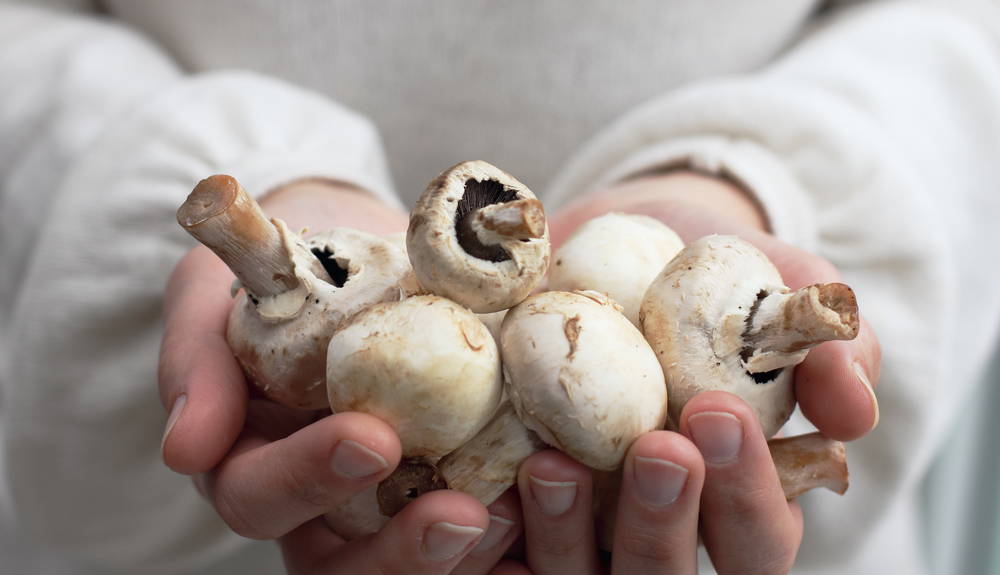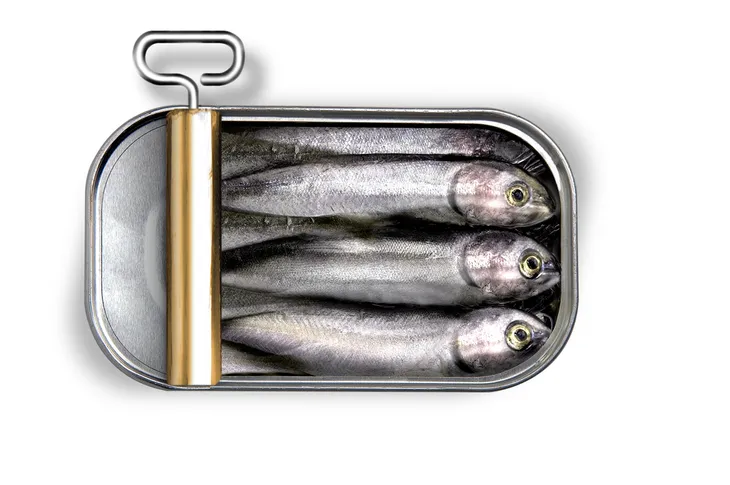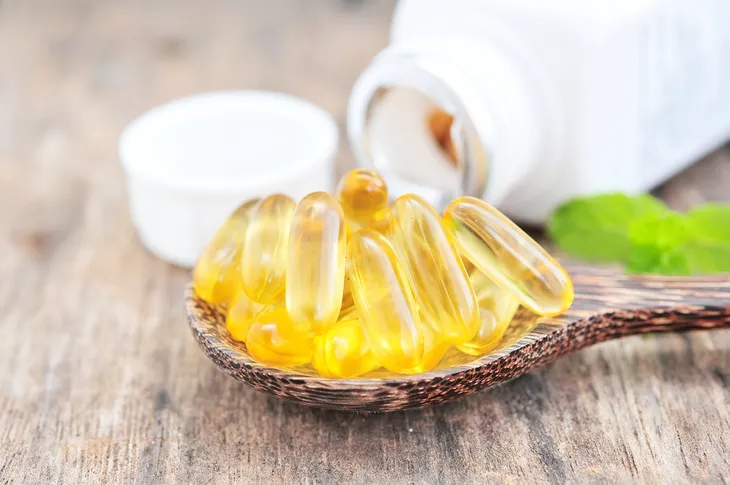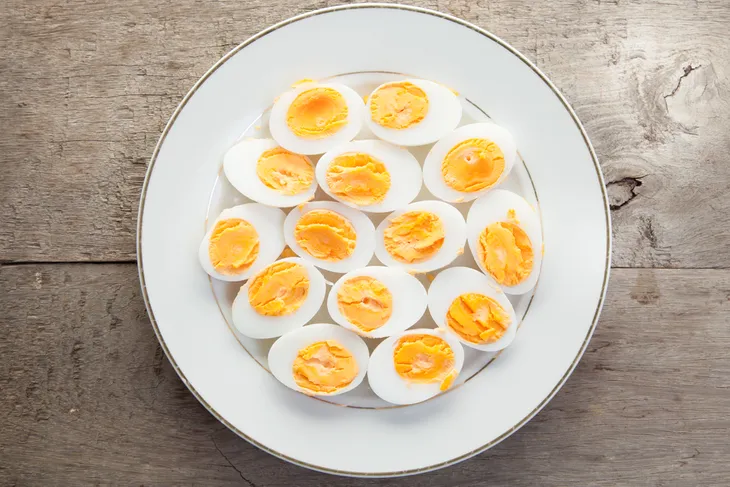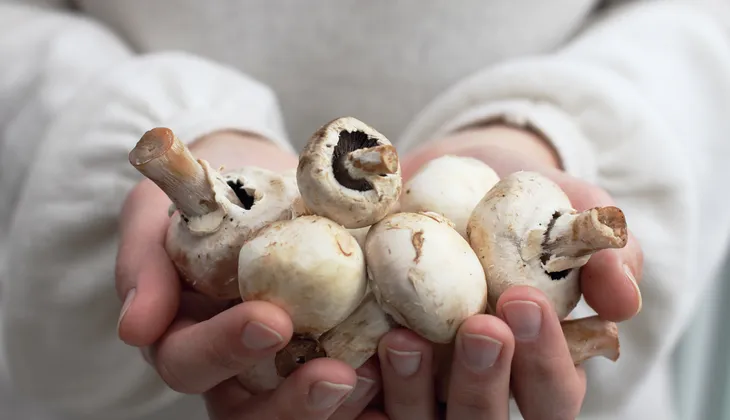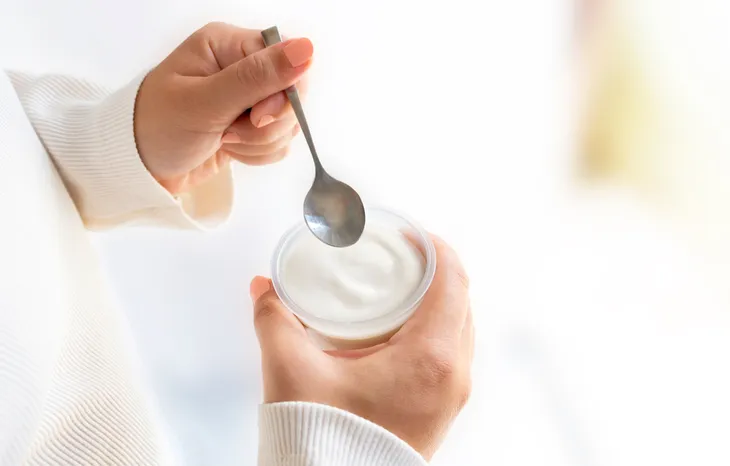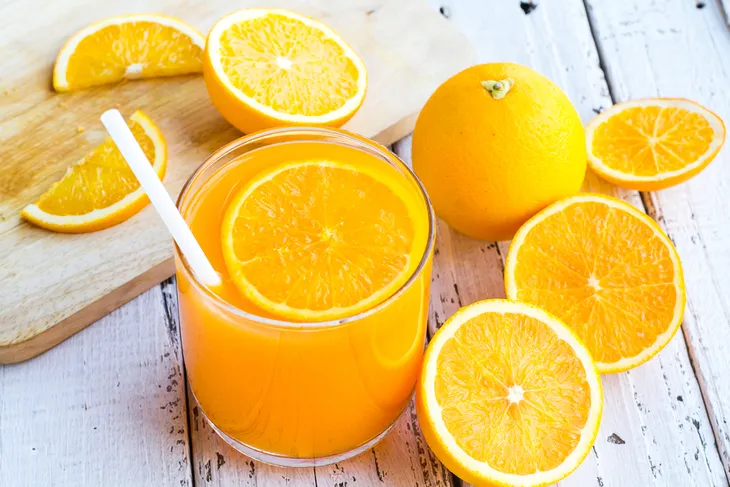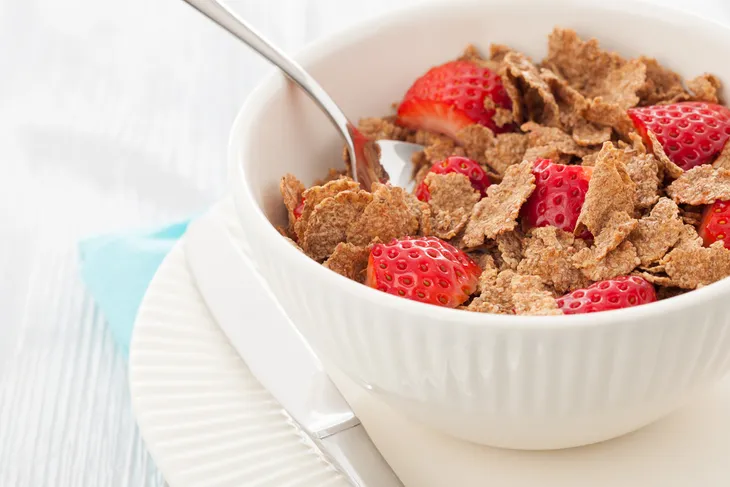Vitamin D is a nutrient our bodies simply cannot live without. In addition to playing a crucial role in bone health, it is also vital for regulating the immune system, balancing hormones, and reducing the risk of diseases like type 2 diabetes and various cancers.
Yet, alarming amounts of people aren’t getting enough vitamin D. In the United States alone, over 40-percent of the population is deficient. So how can you up your intake? Well, sun exposure is the best method, but it also helps to consume a variety of vitamin D-rich foods—including these 10.
Think you might have a Vitamin D Deficiency? Increase your intake with NatureWise Vitamin D Supplements (4.5+ rating on Amazon with over 10K consumer reviews). (As an Amazon Associate this site may earn from qualifying purchases.)
Want diet & nutrition content delivered straight to your inbox? Sign up for our exclusive diet & nutrition newsletter!
Salmon
A popular fatty fish, salmon is among the best natural sources of vitamin D. Although it helps to note that the wild-caught variety is especially rich, with one study finding that a 3.5-ounce serving contains 988 IU of the nutrient—a whopping 247-percent of your daily value!
The same study discovered that farmed salmon, on the other hand, “contained only 25-percent of that amount,” says Healthline, which equates to about 250 IU of vitamin D (63-percent of your daily intake requirements).
Tuna
Tuna is another vitamin D-rich food source. Although fresh is best, it can also be quite pricey. As an affordable alternative, try consuming the canned variety, which Everyday Health says contains 154 IU of vitamin D per 3-ounce serving.
If you tend to avoid eating tuna because of its mercury content, Healthline suggests choosing light tuna (as it contains less than white tuna) and limiting your consumption to a maximum of six ounces per week.
Sardines
Tuna isn’t the only type of canned fish that can boost your vitamin D intake. Sardines are another great option, as just two of them contain 46 IU of the nutrient (approximately 8 percent of your required daily intake).
In addition to vitamin D, they’re also an excellent source of protein, omega-3 fatty acids, and calcium. Everyday Health suggests eating them “on top of salads as well as in pasta sauces and stews.”
Cod Liver Oil
If you’re not a big fan of eating fish, perhaps try taking cod liver oil instead? Just one tablespoon of the supplement offers 1300 IU of vitamin D, which is over 200-percent of your daily value.
Cod liver oil is also rich in omega-3 fatty acids and vitamin A, but if taking it by the spoonful doesn’t sound appealing to you, rest assured that it can also be consumed in capsule format.
Eggs
Although fish are among the best natural sources of vitamin D, they aren’t the only ones. Eggs are as well, but since the vitamin D is contained within the yolk, Health.com says, “…it’s important to use the whole egg—not just the whites.”
Although each egg yolk offers a healthy 40 IU of vitamin D, the source suggests limiting your intake as “One egg contains about 200-milligrams of cholesterol, and the American Heart Association recommends consuming no more than 300-milligrams a day for heart health.”
Mushrooms
Interestingly, like humans, mushrooms “have the capacity to produce vitamin D when exposed to ultraviolet light,” says Health.com. While most varieties are commercially grown, in the dark, and therefore don’t contain any vitamin D, certain types are exposed to sunlight.
Shiitake mushrooms, for example, contain 40 IU per 1-cup serving, making them a good option. While white mushroom, on the other hand, only offer 5 IU of vitamin D. So be sure to pick your mushrooms wisely!
Yogurt
Speaking of milk, some yogurt varieties also offer vitamin D, depending on the brand you buy and whether or not they’re fortified. If they are fortified, Everyday Health says they can “knock off between 10- and 20-percent of your daily requirement of vitamin D.”
But be sure to read the nutrition information before buying, as the source warns that “Many fortified varieties are flavored; some brands pack a hefty dose of sugar.”
Orange Juice
Like milk and yogurt, orange juice is another source that’s often fortified with vitamin D, making it a good alternative for those who are lactose intolerant or vegan.
A good accompaniment to breakfast foods, it can also be added to smoothies or used in cooking. It’s important to note that not all varieties are fortified, however, so be sure to carefully read the product label.
Cereals
Cereals and instant oatmeal are other food sources that are often fortified with vitamin D, making them a great way to start your day—especially when eaten alongside a glass of fortified orange juice.
Ricotta Cheese
Although other dairy products need to be fortified in order to contain vitamin D, ricotta cheese does not. A natural source of the nutrient, a one-cup serving offers 25 IU, which is “five times as much as most other cheeses,” says Everyday Health.
The source suggests eating it alongside fruits like grapes or blueberries, as well as in pancakes. It is also a common ingredient in pastas like lasagna and manicotti, as well as desserts like cheesecake.
